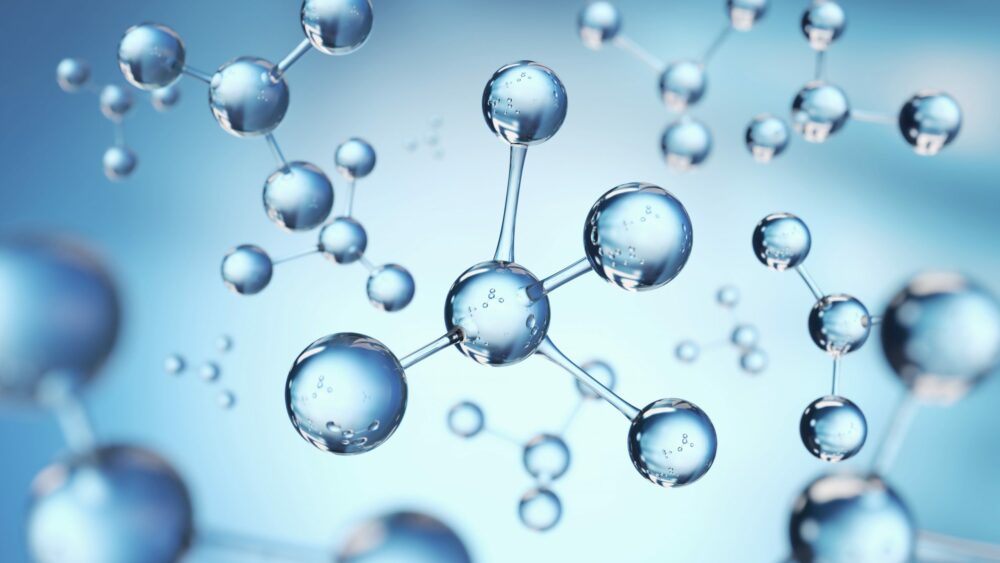Allergic reactions can range from mild discomfort to life-threatening situations, affecting millions of people worldwide. Understanding the chemical triggers behind these reactions is crucial for effective prevention and treatment. In this article, we delve into the intricate world of allergens and the specific chemical compounds responsible for triggering allergic responses in the body.
- Histamine: The Notorious Culprit
Histamine is a well-known chemical mediator involved in allergic reactions. When an allergen enters the body, it stimulates immune cells called mast cells to release histamine. This chemical triggers a cascade of reactions, leading to the classic symptoms of allergies, such as itching, sneezing, and swelling. - Immunoglobulin E (IgE): The Allergy Enabler
Immunoglobulin E, or IgE, plays a pivotal role in allergic reactions. When exposed to an allergen, the immune system produces IgE antibodies specific to that allergen. These antibodies bind to mast cells and basophils, priming them for an allergic response upon subsequent exposure to the allergen. The cross-linking of IgE antibodies by the allergen triggers the release of histamine and other inflammatory substances. - Cytokines: The Messengers of Inflammation
Cytokines are small proteins that regulate immune responses. In the context of allergies, certain cytokines, such as interleukin-4 (IL-4) and interleukin-13 (IL-13), play a crucial role. They promote the production of IgE antibodies and enhance the inflammatory response, amplifying the allergic reaction. Understanding the role of cytokines opens up potential therapeutic targets for allergy management. - Chemical Sensitizers: The Hidden Culprits
Apart from the well-known allergens like pollen, dust mites, and pet dander, certain chemicals can also trigger allergic reactions. These chemicals, known as chemical sensitizers, can be found in various products, including cosmetics, fragrances, and cleaning agents. Formaldehyde, nickel, and certain fragrances are common examples. They can penetrate the skin or respiratory tract, causing sensitization and subsequent allergic responses upon re-exposure. - Genetic Factors: Unraveling the Susceptibility
Genetics also play a role in determining an individual's susceptibility to allergies. Certain genes influence the immune system's response to allergens, making some people more prone to allergic reactions than others. Understanding these genetic factors can help identify individuals at risk and develop personalized approaches to allergy prevention and treatment.
Conclusion:
Allergic reactions are complex processes involving a multitude of chemical triggers in the body. From histamine and IgE to cytokines and chemical sensitizers, each component contributes to the allergic response in its unique way. By unraveling the intricacies of these chemical triggers, researchers and healthcare professionals can develop targeted interventions and improve the lives of allergy sufferers worldwide.
